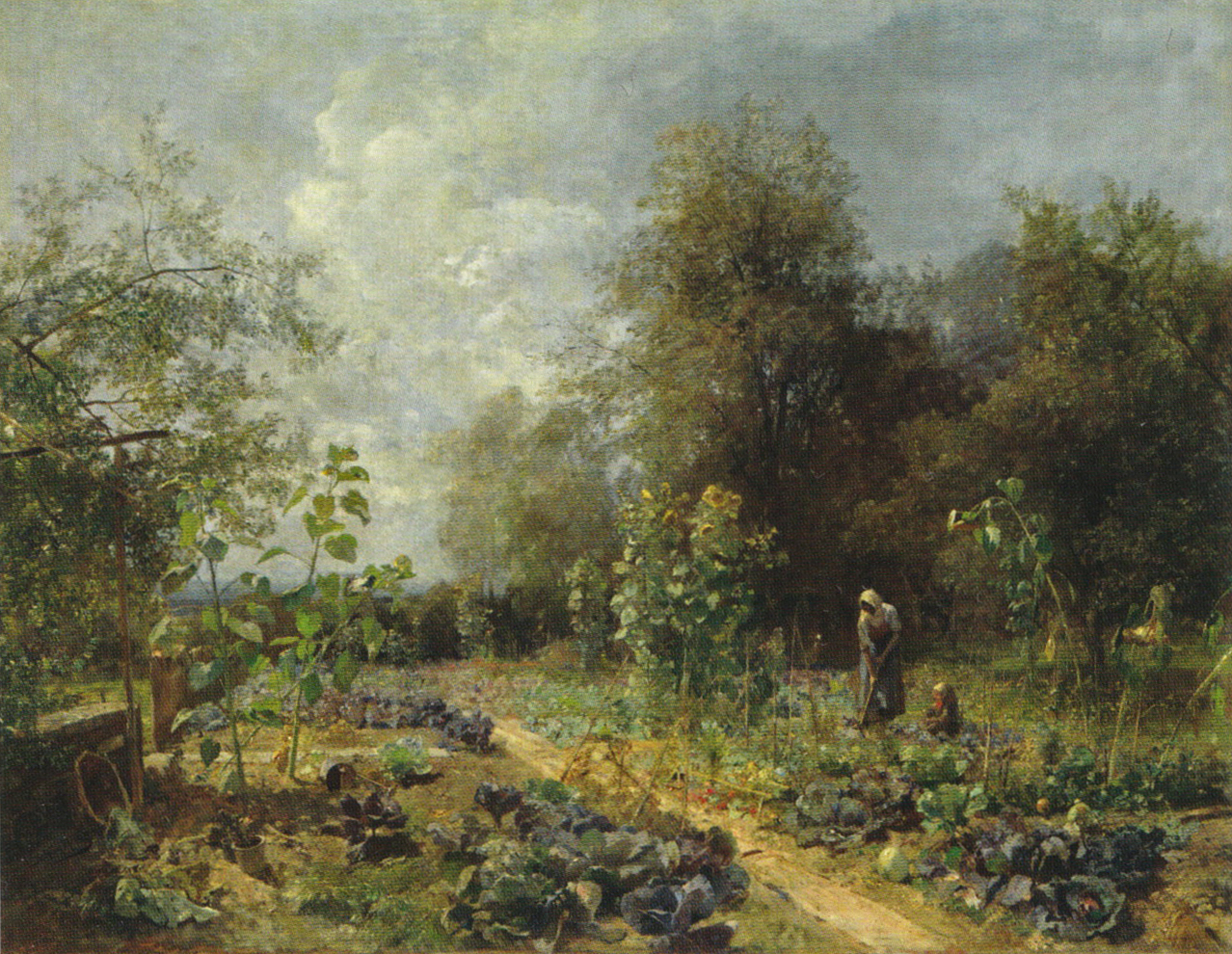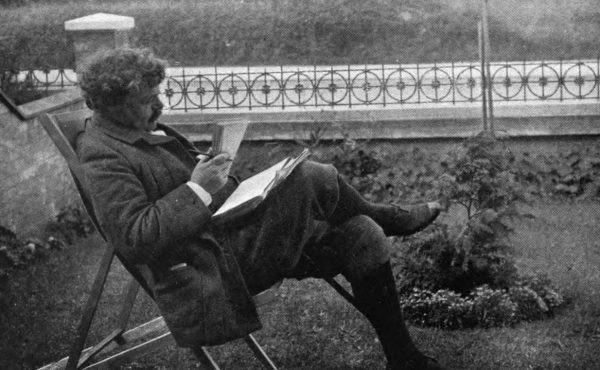One of the more well-known quotations by G. K. Chesterton is that “anything worth doing is worth doing badly”. By this Chesterton meant that the truly important arenas of human life ought to be preserved from specialists, professionals, and experts. That ordinary men and woman must continue to muddle through the ordinary arenas of life even at the risk that they might sometimes do “badly”.
And while this might seem obvious enough, the obvious question and source of disagreement is where the line between expert and amateur ought to be drawn. Astronauts, it might safely be agreed, ought to be experts. On the other hand, I am much more sceptical about the claims of experts in the arena of childrearing.
Discussion on where exactly the line of expert and amateur ought to sit is far beyond the scope of this article. But I think the argument can be made that the raising of food is one area where the almost complete dominance of the expert over the amateur harms the humanity of the society that places food raising in the hands of the expert to the exclusion of the consumer of food.
“Eating,” as Wendell Berry puts it, “is an agricultural act”. Or in other words, to eat is to raise the food that we eat by proxy. And while almost all of what we consume (clothing, furniture, electronics etc.) is produced without our direct knowledge or involvement, there is an intimateness and necessity to eating which makes it a more distinctly human act than buying a couch or an iPhone.
As I write, it is winter and the perfect time to begin planning and preparing a small food garden. And while there is a plethora of information online, I will add a little advice for those inspired to plant a garden this spring.
- Plant what grows well. When selecting plants to grow, my first piece of advice would be to discover what grows well in your area and plant accordingly. With all the information that is available online and the extraordinary range of plants that can be available in store, it can be easy to be tempted towards the exotic or unusual. This is exactly where food raising ought to be left to the expert gardener.
The honourable amateur should instead embrace their region with its own climate and soils. In my part of the world this means leaving the coffee or cherry tree behind and selecting an olive or citrus in its place. The best and easiest way of determining what grows well in your area is a quick bit of neighbourly snooping. If others are having success, you likely will too.
- Tailor your planting to the time you have available. Gardening can be almost as time consuming as you want to make it. This being said, if you want to enjoy the fruits of your labour, you also need to recognise that every plant you put in the soil is a future commitment of your time and energy.
The most obvious adjustment that can be made here is in the area you choose to plant. A well-maintained square metre of garden will be more satisfying and likely more productive than a larger area that is less well maintained. Plant selection is also key to the amount of time that will be required by your garden. Perennial plants (i.e. plants that survive longer than a single year) will generally need less time overall than annual plants (i.e. plants that complete their life cycle in a single year).
This being said, there are perennial plants that require significant and sometimes unexpected amounts of time. Olive trees for instance require very little maintenance once they are established yet processing the olives for eating or oil is a significant commitment. On the other hand there are ‘cut and come again’ annuals such as celery, silver beet, or herbs that can supply a household for up to nine months without replanting. Here again, helpful fellow gardeners are likely the best guide of what to plant to tailor your garden to the time at your disposal.
- Be prepared for unexpected failure (and success). Growing food is an unpredictable activity, particularly for the amateur gardener. There has not been a season when some vegetable or other has failed to meet expectations even when that same vegetable may have given an abundant harvest the previous year.
Conversely there has not been a year in which the garden has not offered some unexpected success. In my very first year of growing at our property, the compost I added to the soil gave forth a prolific quantity of cherry tomato plants. Unintentionally planted but very happily harvested at the rate of a punnet of two a day for about eight weeks through the summer.
To garden, in other words, is to place yourself within a larger system that you did not create and cannot fully control. It is to be reminded of the dependence of all things. And that, if met with the right disposition, is deeply and profoundly human enough to be preserved (at least a little) from the domain of the expert.


